
Unless you have been living under a rock, you know that the Coronavirus (COVID-19) has been the topic of discussion around the globe in the past few weeks. The World Health Organisation (WHO) has since declared COVID-19 a global pandemic – and this shows how serious you should be taking this disease.
The coronavirus outbreak has spread to more than 130 countries, and it has already claimed more than 75 000 lives around the globe. Almost every country has implemented its own measures to try and contain the disease, and prevent the COVID-19 disease from causing more casualties.
ALSO CHECK: 9 Tips to be Super Productive in Your Home Office
Scientific researchers believe that COVID-19 is spread through droplets released into the air when an infected person coughs or sneezes. But they also say that the droplets generally do not travel more than a few feet, and they fall to the ground (or onto hard surfaces) in a few seconds — this is why social and physical distancing is being preached all over the world.
This article will shed more light on what the COVID-19 disease is, it’s symptoms and how you can protect yourself from the virus...continue reading!
What is Coronavirus?
Coronaviruses are a family of viruses that cause disease in animals. There are seven different kinds of coronaviruses. The newly identified type, which is deemed as the enemy of the world, has caused a recent outbreak of respiratory illness now called COVID-19.
COVID-19 is different from other coronaviruses pandemics such as severe acute respiratory syndrome (Sars) and the Middle East respiratory syndrome (Mers) in that the spectrum of disease is broad, with around 80 percent of cases leading to a mild infection. This newly identified coronavirus is harder to control because some of the people carrying the disease are not displaying symptoms.
Chinese scientists are of the view that COVID-19 has mutated into two strains, one more aggressive than the other, and this makes it complicated to develop an effective vaccine. The disease has already taken hold in Europe, North America, parts of Asia and is beginning to wreak havoc in Africa and South America.
The Cases of Coronavirus numbers…
The data shows more than 1.4 million cases have been reported worldwide, with more than 83,000 deaths, and nearly 319,000 recoveries. Let’s take a look at the number of coronavirus cases in the following countries:
Turkey
The first case of Covid-19 in Turkey was officially confirmed on 11 March 2020. As of 8 April 2020, confirmed cases had increased to 34,109 and among that number, 724 deaths were recorded.
United Kingdom
The first case of Covid-19 in the UK was officially confirmed in February 2020. As of 8 April 2020, confirmed cases had increased to 55,242 and that includes 6,159 casualties.
Germany
The first case of Covid-19 in Germany was officially confirmed on 27 January 2020. But as of 8 April 2020, confirmed cases had increased to 107,907 and the death toll had reached 2024. Germany currently has the fifth-highest number of COVID-19 infections in the world, ranking behind the U.S., Spain, Italy, and France. But its death toll remains far lower than others.
France
The first case of Covid-19 in the UK was officially confirmed on 24 January 2020. But as of 8 April 2020, confirmed cases had increased to 109,069 and that includes 10.328 casualties, 19,337 recoveries. France has become the fourth country to register more than 10,000 deaths due to coronavirus.
Italy
Italy is one of the nations worst hit by the global coronavirus pandemic. As of 8 April 2020, confirmed cases had reached 136,162 and the death toll had reached 17,198. The number of people who have recovered is 24,392.
Romania
As of 8 April 2020, the number of confirmed coronavirus cases in Romania is 4,761. Of the 4,761 infected people, 528 people have recovered and been released from the hospital. So far, a number of 209 deaths have been reported.
USA
The coronavirus situation has been escalating in the United States as they recorded the most deaths in a single day – Tuesday, 8 April 2020 – with 1,736 lives lost in one day. This has brought the total number of deaths in the US to 12,935. The US has the highest number of confirmed cases in the world as it has broken through the 400,000 barrier.
UAE
So far, 2,359 coronavirus cases have been reported in the United Arab Emirates. 283 people have recovered, and 12 deaths have been recorded.
China
China is believed to be the first country to be hit by the coronavirus, as the first case of the pandemic was recorded in December 2019. As of 8 April 2020, confirmed cases of coronavirus are reported to have reached 81.805. Among that number, 77,290 people have since recovered and 3,333 deaths have been recorded.
The Symptoms of COVID-19
COVID-19 is so new there is a good deal of uncertainty around these symptoms and how long they can last. According to WHO, the main symptoms of the coronavirus usually include:
- A dry cough
- A temperature
- Tiredness/lethargy
- Shortness of breath (in more severe cases)
WHO added that in some cases, patients might have aches and pains, nasal congestion, runny nose, sore throat or diarrhea. "These symptoms are usually mild and begin gradually. Some people become infected but don't develop any symptoms and don't feel unwell".
The Risk Group of COVID-19
There are certain groups of people who are at greater risk of contracting COVID-19, and if they do get infected, the illness can hit them harder. So this means that being in a risk group, you’re at increased risk of severe illness from coronavirus. As reported by WHO, there are four risk groups:
- People over 70 years
- People under 70 years with no underlying health conditions
- Pregnant women
- People with complex health problems
How can I Protect Myself from the Virus?
Currently, there is no confirmed vaccine to prevent coronavirus infection. So the best way to protect yourself from being infected is to avoid exposure to this virus. Doctors recommend the following everyday preventive actions to help prevent the spread of respiratory viruses:
- Wash your hands often with soap and water for at least 20 seconds. If soap and water are not available, use an alcohol-based hand sanitizer.
- Avoid touching your eyes, nose, and mouth with unwashed hands.
- Avoid close contact with people who are sick.
- Stay home when you are sick.
- Cover your cough or sneeze with a tissue, then throw the tissue in the trash.
- Clean and disinfect frequently touched objects and surfaces
Take The First Step Get Started!
Our team will dedicate their effort and time to help you choose the clinic best for you. Our goal is not just to find ‘a doctor’ for you, but to find ‘the right doctor’.
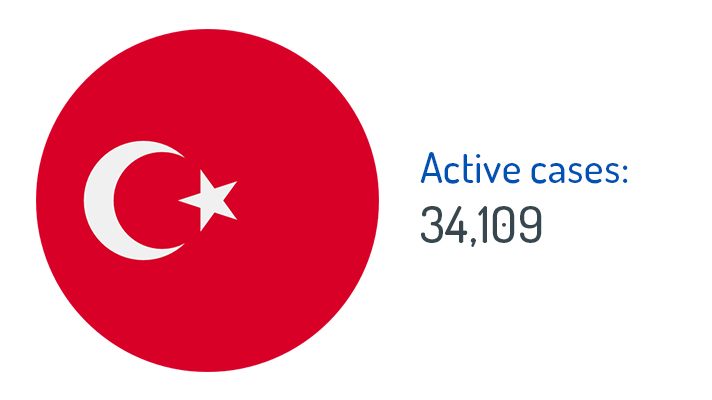

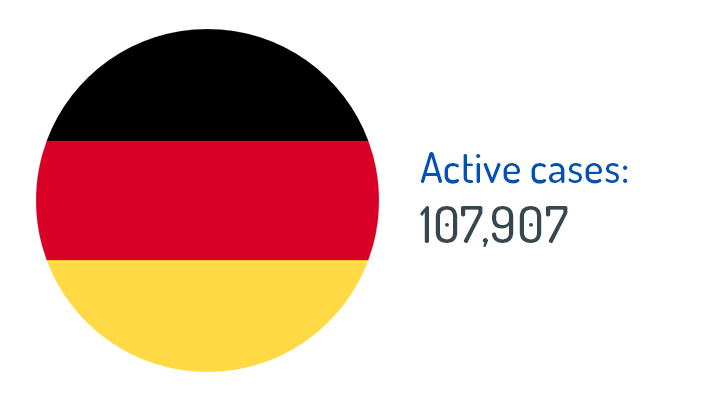

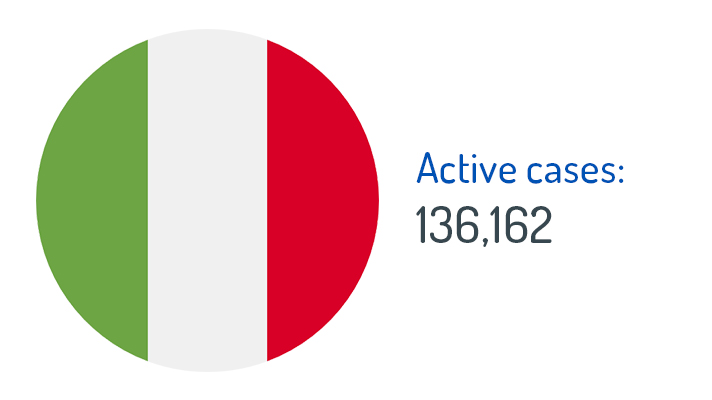
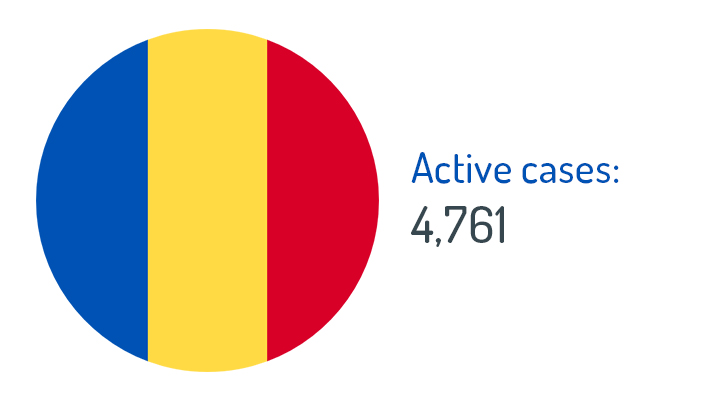
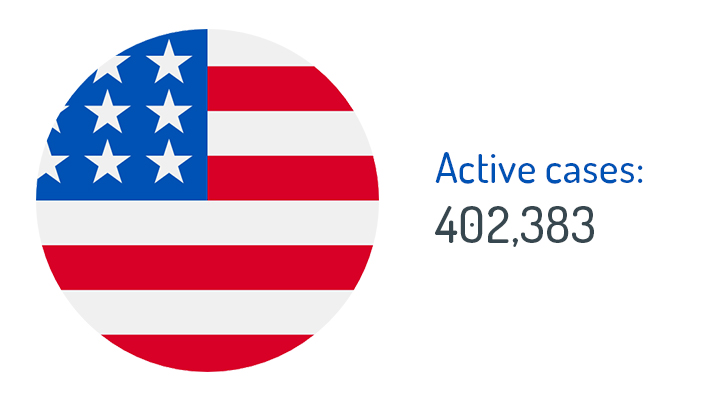






.jpeg?w=100)

